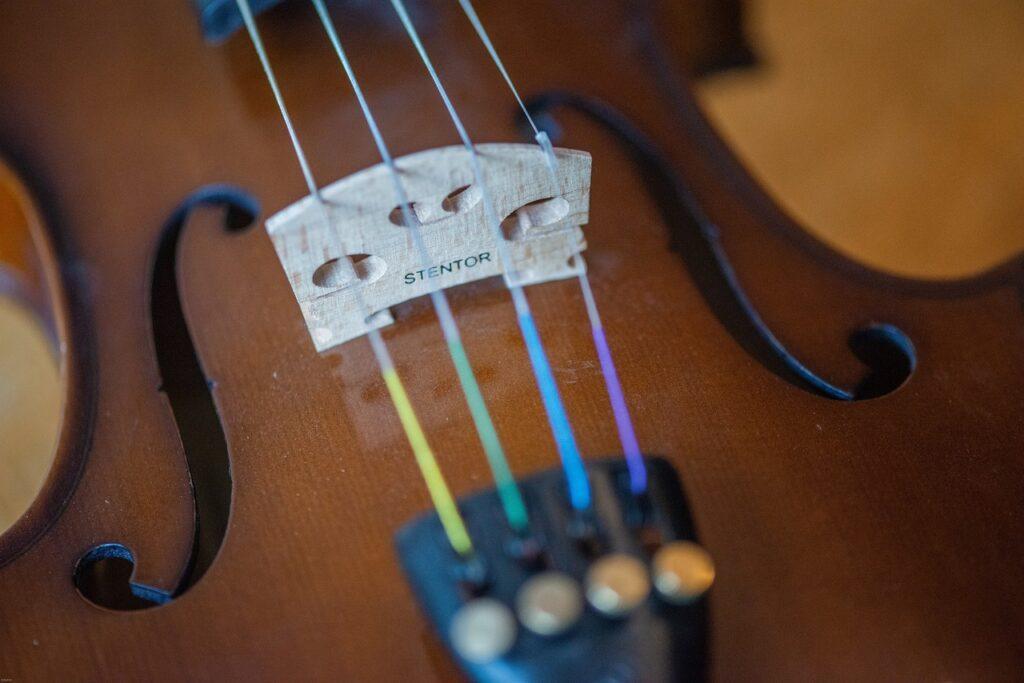Your performance isn’t just about hitting your notes. It’s also about performing with precision: so that your vowels are powerful and resonant, and your consonants are clean and crisp. This in turn will impact your ability to add emotion to your performance. Keep reading “How to Sing Powerful Vowels and Consonants” to learn more. Estimated reading time 2 minutes.
Read More

